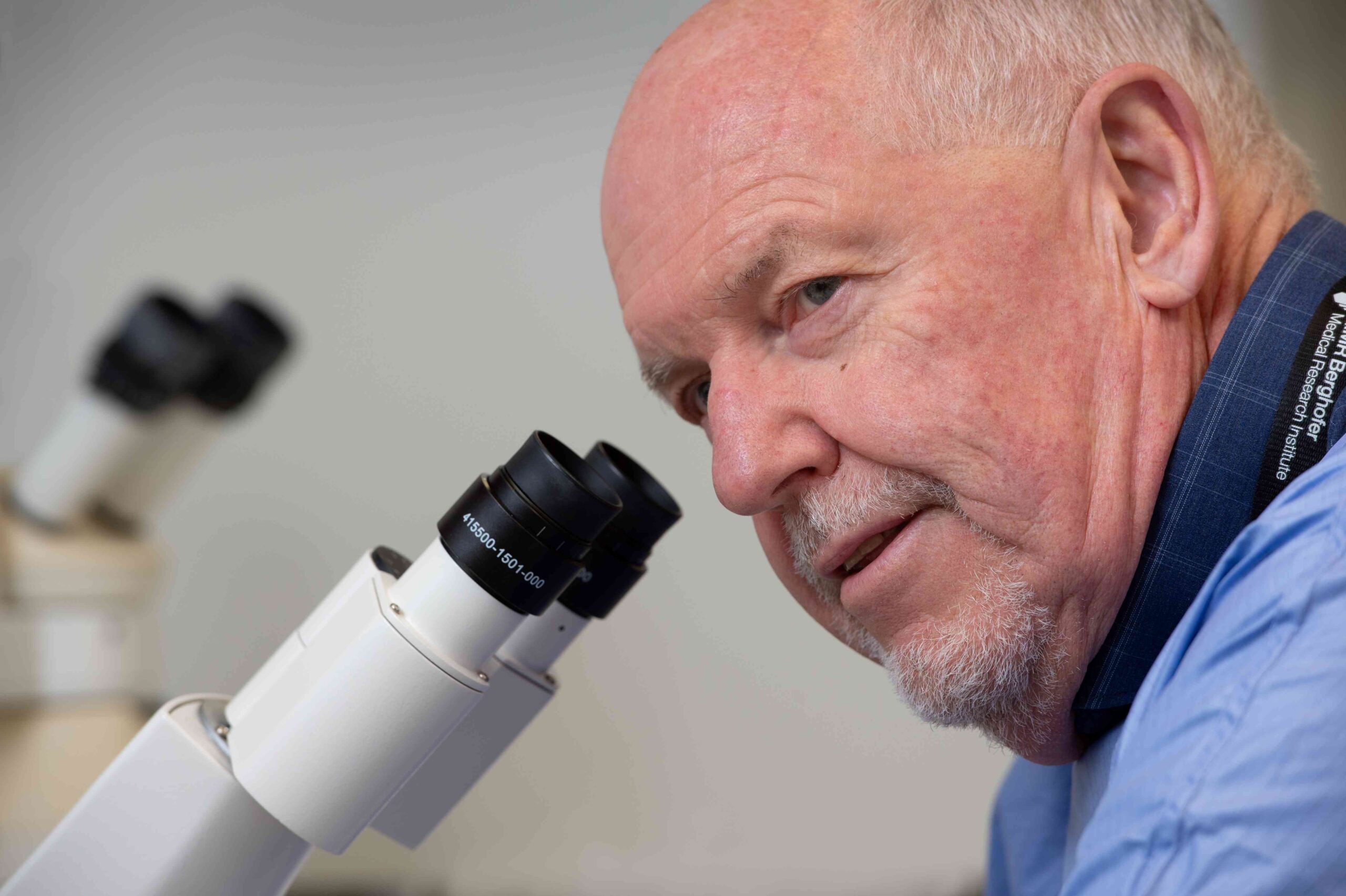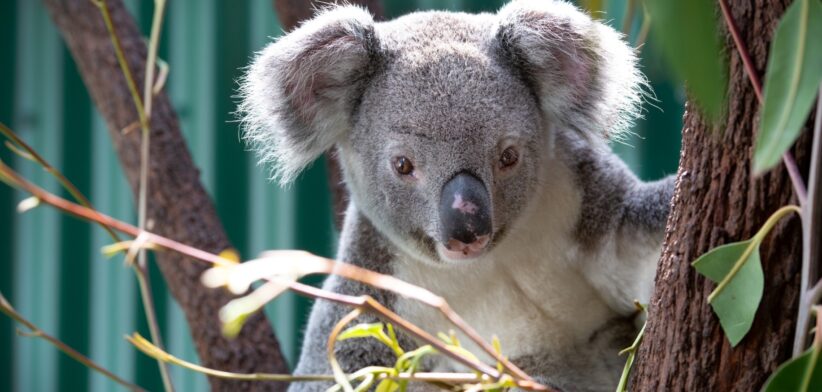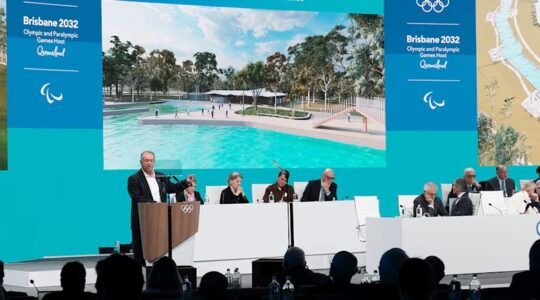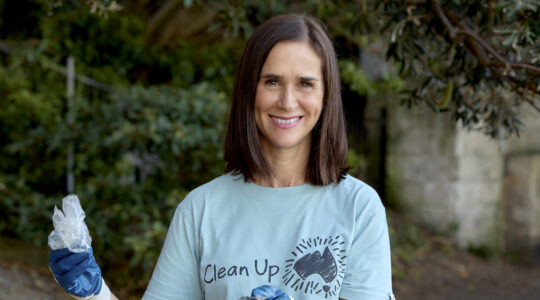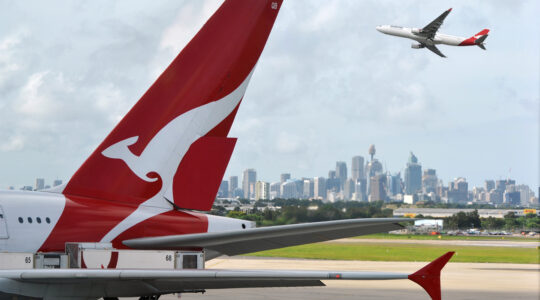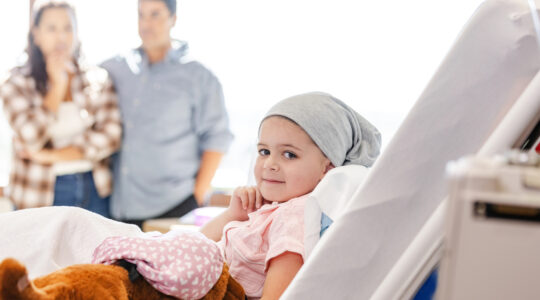A respected Australasian researcher is leading the fight to save Australia’s koala population, with a QUT-led vaccine program releasing its first chlamydia-free animal back into the wild.
Growing up in New Zealand, Professor Ken Beagley had not even seen a koala until he was a teenager, but now leads a QUT team working with Currumbin Wildlife Hospital to develop a chlamydia vaccine for the Aussie icon.
Chlamydial disease is ravaging a species already fighting for survival on other fronts, such as bushfires, habitat loss through land clearing, and food nutrient loss caused by climate change.
There has been a 70 to 80 per cent decline in many populations across Queensland – and localised extinction is a real threat without a chlamydia vaccination.
An often-fatal, sexually transmitted bacterial condition, chlamydia also causes infertility, blindness and urinary tract disease.
It spreads with devastating effect and antibiotics are not only costly but of limited effectiveness.
Professor Beagley’s team has spent the last decade in a lab developing a vaccine which they are now trialling in a localised population on the Gold Coast.
When the team started treating the small Elanora koala population, rates of chlamydia were around 70 per cent.
Three years into a five-year study, about 40 koalas from the Elanora population have been vaccinated, collared and monitored and in a separate study, about 300 animals treated at Currumbin for a variety of conditions have also been vaccinated.
While both studies continue, there are promising outcomes with a majority of koalas that were chlamydia-free at time of vaccination remaining disease-free at return.
The first QUT-vaccinated koala, Anne Chovee, has also been released back into the wild, chlamydia-free and having produced a healthy joey.
Read a special QUT Perspectives article by Greg Kemp.
